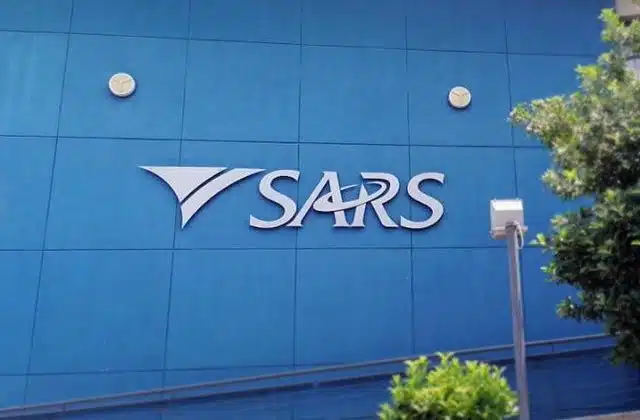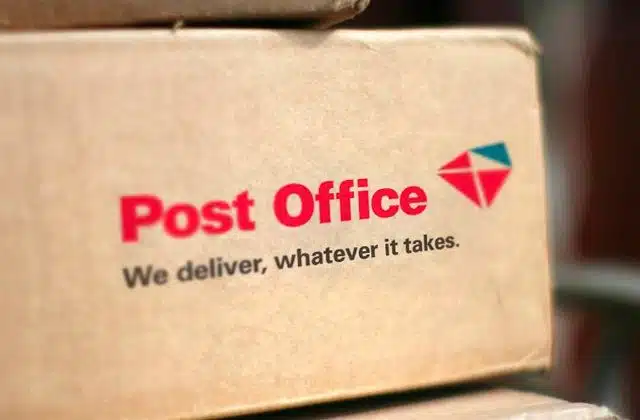
New tender document shows alternative plans for e-tolls – including licence renewals and a fuel reward system
Road agency Sanral has put out a new tender looking for contractors to take over the Gauteng open road tolling project – including new services that could be implemented and added to its systems.
The tender document, which is aimed at acquiring procurement proposals for the operations and maintenance of the open road tolling system in Gauteng for the next six years to eight years, leaves the e-toll question open-ended as the country waits for the government to make a final decision on the project’s future.
However, even as motorists look to the Medium Term Budget Policy Statement in October for closure, the road agency is tendering for a host of services that could proceed, regardless.
According to Sanral, the Gauteng e-tolling project was not only about the tolling component but also saw the establishment of complex back-end systems, including transaction clearing, violation processing and other value-added services.
As uncertainty lingers around the fate of e-tolling, however, the road agency is making sure that any tender winners are prepared to implement these value-added services even without open road tolling in the picture.
Broadly, these services include:
- Enabling road users to transact using e-tags on the TCH system
- Using the Sanral mobile app to manage accounts
- Enforcing speed over distance violations
- Assisting the South African Police Service and other enforcement agencies with crime intelligence
- Data monetisation (using data already collected via e-tolling)
- Account-based ticketing
- Vehicle and driver’s licence issuing or renewal
- Weigh-in motion enforcement on Gauteng highways (and eventually nationwide) and
- Any other identified value-added service.
In each of these cases, any contractor who wins the tender will be on the hook to help Sanral establish, develop and run such services.
License renewals
Key among the potential services Sanral could launch is another route for driver’s licence and vehicle licence renewal in the province.
Sanral said it has made a high-level proposal to the Gauteng Department of Transport over a “License Solution” in its tender documents. “Once the solution has been fully developed, the work will be executed under a provisional sum,” it said.
The service will potentially comprise the following components:
- Manned customer service stations/desks at existing customer service outlets where stakeholders can apply for and submit applications to renew driver’s and vehicle licenses;
- Manned customer service stations/desks at existing customer service outlets where stakeholders can complete the required eye test as part of the license renewal process;
- Online facilities (through the web and the Sanral Mobile app) where stakeholders can apply for and submit applications to renew drivers and vehicle licenses;
- Back office processing and operations to ensure that all the license renewal applications are submitted to the relevant authorities.
These services would be available during normal operating hours, it said.
“The option exists for Sanral to engage an external third party to provide parts and or the complete licensing solution,” Sanral said. “The contractor shall then be required to manage the SLA with the service provider(s) for the work in question.”
At present no such agreements have been concluded, it said.
Speed cameras
Sanral’s tender document also makes provision for its e-toll gantries to be used to track average speed over distance (ASOD) – a measure opponents to e-tolls have suggested the road agency take once the system is scrapped.
Average speed over distance uses a start point and end point to determine whether a driver is adhering to the average speed. If a driver passes point A and then point B at an average speed higher than the limit, an infringement notice is sent.
Sanral said a contractor would have to be prepared to deal with the back-office processing of speed infringements and also develop a system to issue these notices and summonses.
Notably, this system would have to connect to the Natis system and other government departments, Sanral said, and there would be no link between the system and toll accounts.
“Official and legal notices will typically be provided by the external service provider that will be procured and appointed through a formal process during the contract,” it said.
“The ASOD system will interface with the Sanral accounting system to raise any potential invoices for payment of the part of the fine that is agreed to due to Sanral.”
Interestingly, Sanral provided ASOD data it had already collected using e-toll gantries to 3 April 2020, recording over 12.5 million infringements across all vehicle classes.
Buying fuel?
Sanral said that it is also exploring using its mobile app to offer more services, including allowing drivers to pay for parking through partnerships with existing platforms.
It is also looking at account-based ticketing, which would leverage the app and Sanral’s back-end system to enable payments for public transport.
A notable proposal – though Sanral’s own admittance, a difficult one to pull off – would be to allow drivers to pay for fuel at the country’s forecourts using their Sanral accounts.
“Some early stage research was done in this regard, and it has been found that the offering of such a solution would be logically complex and that the value proposition to all parties involved was not necessarily compelling,” it said.
“Given the size of the potential market and the impact it could have on aspects such as loyalty, Sanral still has the intent to develop and implement a fuel payment solution, if an appropriate solution can be found.”
The group said it was looking at building some form of a loyalty system, also linked to its mobile app.



